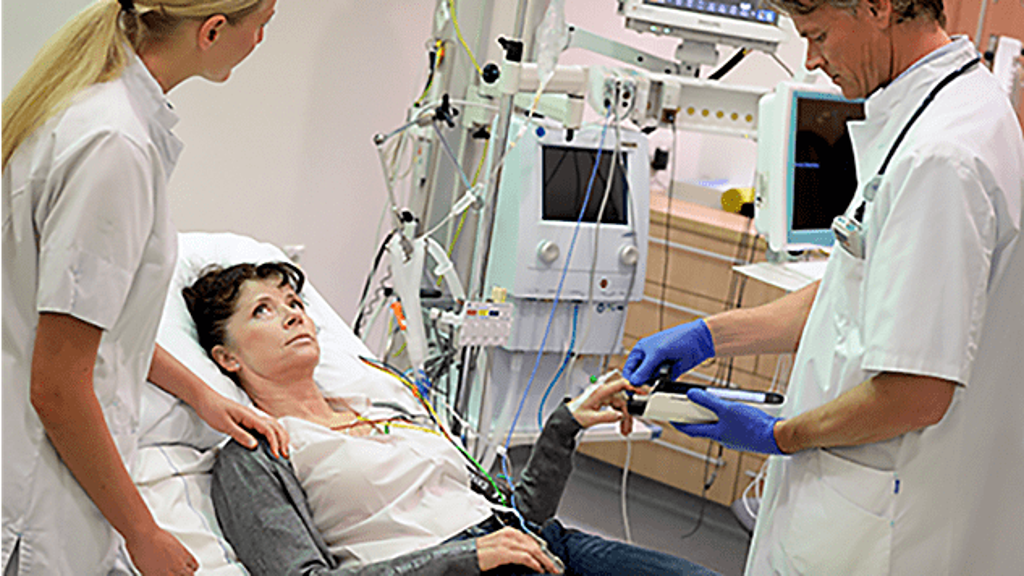According to the British website Express, normal blood testing to find out if someone has had a heart attack by looking at can take hours before the results are available. The test is used to find evidence of troponin – a protein excreted following a heart attack.
A new test developed by Dutch healthcare vendor Philips can reduces this time to 10 minutes, writes Express. That means that very quickly it can be decided if someone needs urgent treatment or not. In the UK 230.000 people a year suffer a heart attack, but some 942.000 people admitted to hospitals with chest pains have a less urgent problem, such as angina.
Professor Peter Weissberg of the British Heart Foundation, states that there are a number of new tests being evaluated for heart attacks, but the accuracy of these tests is more important than the speed of diagnosis. The British Heart Foundation is funding research into better diagnosis.
A new test developed by Dutch healthcare vendor Philips can reduces this time to 10 minutes, writes Express. That means that very quickly it can be decided if someone needs urgent treatment or not. In the UK 230.000 people a year suffer a heart attack, but some 942.000 people admitted to hospitals with chest pains have a less urgent problem, such as angina.
More efficient use of resources
Philips Minicare I-20 device claim the faster diagnosis will reduce waiting times in overstretched accident and emergency departments and reduce pressure on the National Health Service (NHS). The device is roughly the size of a chip and pin machine. According to Marcel van Keestel, Philips, the Minicare I-20 is designed to help reduce time to treatment and time to discharge, thereby helping to decrease crowding in the emergency department and leading to better use of hospital resources.Professor Peter Weissberg of the British Heart Foundation, states that there are a number of new tests being evaluated for heart attacks, but the accuracy of these tests is more important than the speed of diagnosis. The British Heart Foundation is funding research into better diagnosis.






